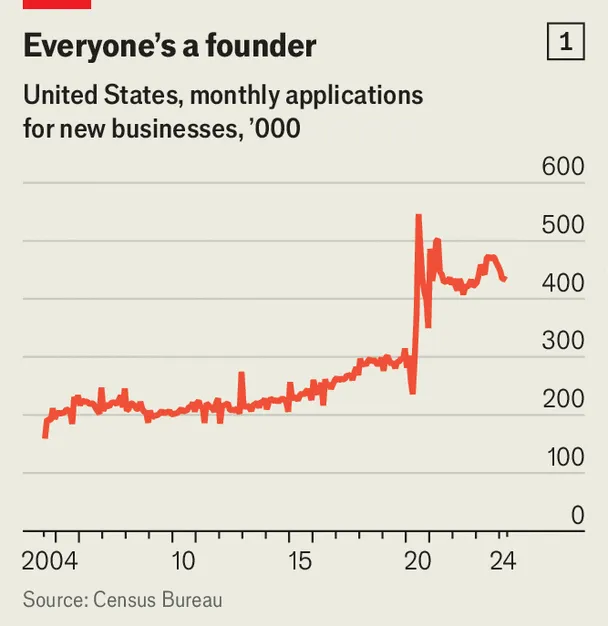20 Things Economic Developers Need to Know This Week
The stories Dane thinks you need to see. May 23, 2024 edition.

Welcome to this week's issue of What Economic Developers Need to Know This Week, where we explore the evolving dynamics of our economy.
This week we have 20 tools, stories, graphics, charts, and videos that I think you'll find informative, useful, inspiring, and perhaps even humorous. Some are economic development related directly, and some only indirectly. 🤔
If you're wondering what to do with the info in this newsletter, send something to your board members. It will make you look good!

Today's email is brought to you by Resource Development Group
RDG offers customized economic development fundraising solutions for Chambers of Commerce and Economic Development Organizations.
They are a small team with over 125 years of combined economic development fundraising experience and over $2 billion, yes, a Billion with a B, in funds raised for communities just like yours.
Every community is different. Atlanta, GA, is not Peoria, IL. Don’t use another city’s fundraising playbook, and expect the same results! A small market requires a different economic development fundraising strategy from a larger market.
RDG's experts thrive in providing customized economic development fundraising solutions for every situation. So whether you’re a startup organization or on your third funding cycle, they have the team and experience to get you the results you’re looking for.
1) Five ways macro economists get local infrastructure wrong:
- For local governments, infrastructure is a liability, not an asset.
- Cities can’t just have growth; they need productive growth.
- Local governments cannot be satisfied with a purely social return on investment.
- Saved time is not the same as money for a city.
- Cities can’t easily walk away from promises. When they ultimately do, people suffer.
2) In 2023, a record 5.5 million business applications were submitted in the US. While the pandemic-induced surge has slowed, the monthly average remains 80 percent above the previous decade, compared to 20 percent in Europe.



